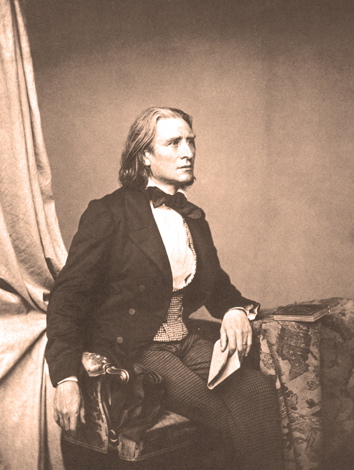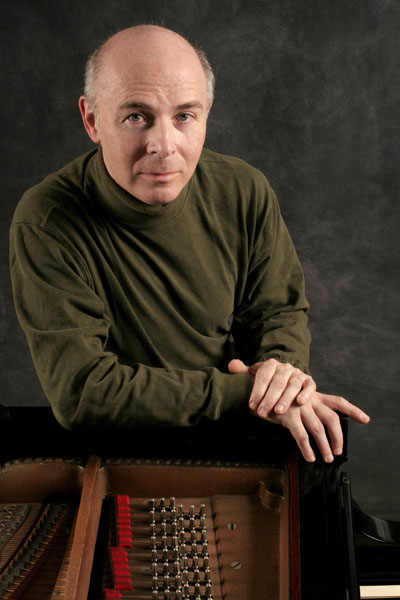A routine Rush Hour for de Burgos, CSO
There are two kinds of people in the world: those with good taste and those who like Liszt.
That applies particularly to the Hungarian composer’s two piano concertos. Written for his own use as flame-throwing showpieces for the young keyboard matinee idol to make his female admirers swoon, the works have inexplicably maintained a place in the repertoire even with their banal themes, glitz and empty pyrotechnics.
It takes a certain type of artistry to make Liszt’s vapid concertos into something more substantial, and Wednesday night with the Chicago Symphony Orchestra, Jorge Federico Osorio achieved more than most. The Mexican pianist has technique to burn and handled the fusillade of notes almost faultlessly, hurdling all of Liszt’s ludicrous complexities with poetry and a lean digital brilliance.
More importantly, Osorio deftly underplayed the bombast and unhealthy vulgarity and made the single-movement concerto a more elegant and organic work. (You can also catch Osorio July 15-16 at Ravinia where he will tackle all five Beethoven piano concertos.)
Conductor Rafael Frühbeck de Burgos’s accompaniment was sonically imposing yet not very adroitly balanced with his soloist more than once getting buried in tuttis.
Richard Strauss made up the rest of this abridged Rush Hour program.
Strauss’s Don Juan has long been a local touchstone with Fritz Reiner’s magnificent CSO recording still beating all rivals after more than a half-century.
There were undeniable thrilling moments in Wednesday’s performance—how could there not be with this most Straussian of ensembles?—notably Eugene Izotov’s elegantly spun oboe solo and the climactic bars with the horns soaring over the orchestra.
Yet the overall feeling was one of bland routine, with workmanlike direction from de Burgos that didn’t offer much in the way of individual ideas, dynamic nuance or expressive detailing.
There was a similar lack of distinction in the closing suite from Strauss’s opera, Der Rosenkavalier. Surface pleasures could be had in the luxuriant sound and impact of the CSO in this music, continued bobbles from the hapless principal horn apart. Yet for the most part, the Spanish conductor preferred to play up the bombast and volume while missing an essential Viennese charm and refinement.
Bring on Bernard Haitink and Beethoven.
The program will be repeated 8 p.m. Thursday and Saturday with the addition of Weber’s overture to Der Freischütz. www.cso.org; 312-294-3000.
Posted in Performances




